AI Optimization: How to Rank in AI Search (+ Checklist)
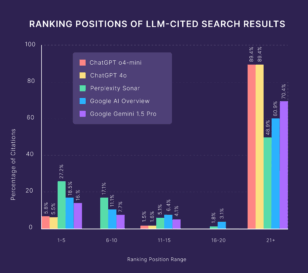
 When a potential user asks ChatGPT, Google AI, or Perplexity for recommendations, does your brand appear in the answer? Not just cited — actually mentioned in the response? That’s a crucial distinction. Brands that AI systems mention with context and positive sentiment attract the most intent-driven traffic. Semrush research shows that visitors who find a brand in an AI answer are 4.4 times more valuable than those from traditional search. They’re pre-qualified. They’ve seen AI endorse your solution. And unlike SEO, AI doesn’t care about website authority. Most sources cited in AI responses don’t even rank in Google’s top 20. So if you follow best practices, your startup can earn favorable mentions over more established competitors. Meritocracy. How do you make that happen? Read on to learn: How AI search works How the Backlinko team approaches AI SEO Best practices to make your site AI-ready Let’s start with the basics of AI optimization. Grab our free AI Search Optimization Checklist and follow the exact steps we use to get cited across ChatGPT, Google, and more. What Is AI Optimization (And Why You Should Care)? AI optimization is the process of making your website accessible and understandable to AI-powered search tools. Like ChatGPT, Claude, Gemini, Perplexity, Google AI Overview, and Bing Copilot. Some call it “AI search optimization.” Others “AI content optimization.” Terminologies vary, but they’re all about the same thing: Make your site easy for large language models (LLMs) to find, understand, and reference in their answers. It’s not a brand-new strategy. It’s built on the core SEO principles. Only now, you’re optimizing for tools that pull, summarize, and use your information — not just rank. But why is AI optimization so important now? AI tools are expected to drive more traffic than traditional search engines by 2028. And here’s…
When a potential user asks ChatGPT, Google AI, or Perplexity for recommendations, does your brand appear in the answer? Not just cited — actually mentioned in the response? That’s a crucial distinction. Brands that AI systems mention with context and positive sentiment attract the most intent-driven traffic. Semrush research shows that visitors who find a brand in an AI answer are 4.4 times more valuable than those from traditional search. They’re pre-qualified. They’ve seen AI endorse your solution. And unlike SEO, AI doesn’t care about website authority. Most sources cited in AI responses don’t even rank in Google’s top 20. So if you follow best practices, your startup can earn favorable mentions over more established competitors. Meritocracy. How do you make that happen? Read on to learn: How AI search works How the Backlinko team approaches AI SEO Best practices to make your site AI-ready Let’s start with the basics of AI optimization. Grab our free AI Search Optimization Checklist and follow the exact steps we use to get cited across ChatGPT, Google, and more. What Is AI Optimization (And Why You Should Care)? AI optimization is the process of making your website accessible and understandable to AI-powered search tools. Like ChatGPT, Claude, Gemini, Perplexity, Google AI Overview, and Bing Copilot. Some call it “AI search optimization.” Others “AI content optimization.” Terminologies vary, but they’re all about the same thing: Make your site easy for large language models (LLMs) to find, understand, and reference in their answers. It’s not a brand-new strategy. It’s built on the core SEO principles. Only now, you’re optimizing for tools that pull, summarize, and use your information — not just rank. But why is AI optimization so important now? AI tools are expected to drive more traffic than traditional search engines by 2028. And here’s…









































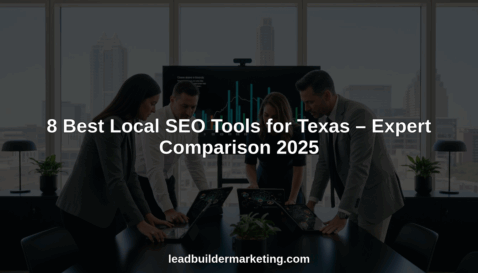






















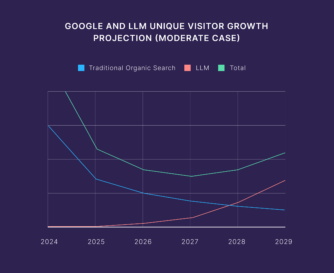











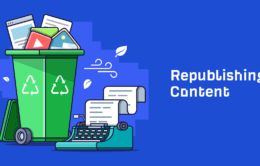

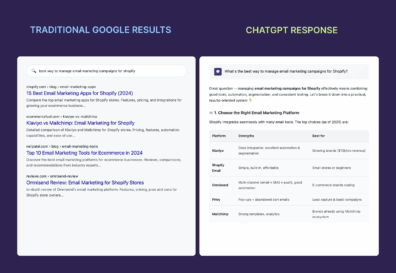
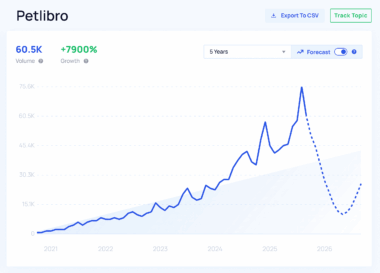
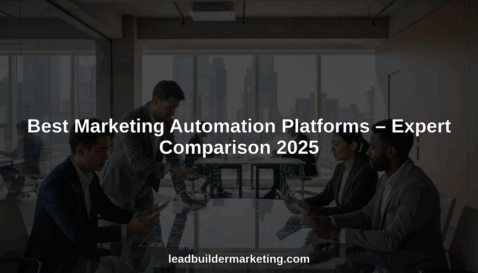
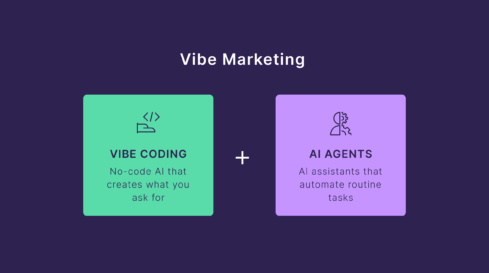
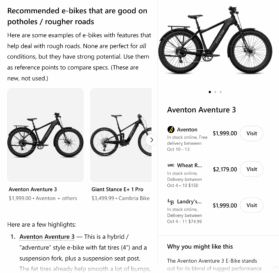
























No comments yet.